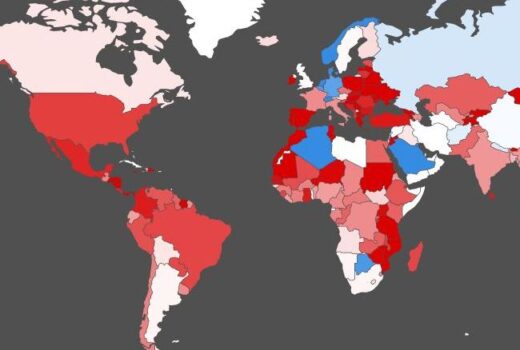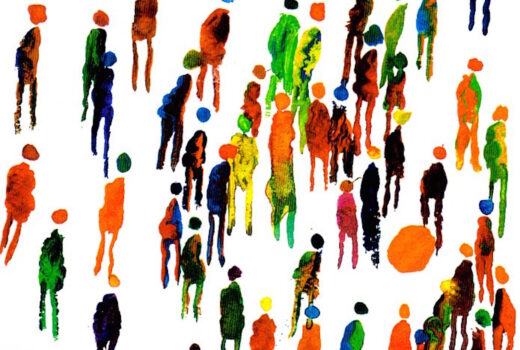A full list of STWR’s publications as well as related news, articles and blogs can be found below.
Debt campaigners highlight countries in crisis
Article / 17th May 2017Public services in some of the world’s poorest countries are being starved of resources as a result of their governments’ heavy debt loads, the Jubilee Debt Campaign has warned.
‘The global movement to divest from fossil fuels is unstoppable’
Blog / 15th May 2017Over the past 10 days the pressure to break ties with the fossil fuel industry has never been greater, as thousands of people attended over 260 events in 45 countries on six continents during the Global Divestment Mobilisation (GDM), demanding institutions divest from fossil fuels.
Commons transition and P2P: a primer
Report / 12th May 2017A new primer explains the origins of the commons and P2P, how they interrelate, their movements and trends, and how a Commons transition is poised to reinvigorate work, politics, production, and care, both interpersonal and environmental. Co-published by the P2P Foundation and the Transnational Institute.
Building a new social commons: the people, the commons and the public realm
Report / 12th May 2017We must build the case for a new social commons, and urgently, because we’re in danger of losing what we’ve taken for granted for half a century. The old order of politics, including the post-war welfare settlement, is crumbling. So can we envisage a social commons that people shape and control democratically, based on pooled resources, collective action and mutual aid? A report by the New Economics Foundation.
Oxfam inequality guide
Report / 12th May 2017This new guide by Oxfam is about inequality in all its forms. It contains practical advice on how to find and use reliable data on inequality in advocacy and campaigning, of use to both professionals and concerned citizens who want to have a stronger and shared understanding of the most important drivers of inequality.




